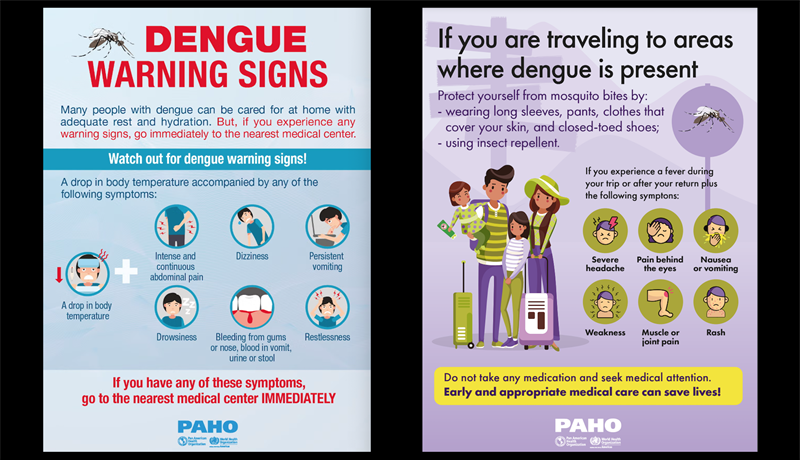PAHO Issues Warning Regarding Elevated Dengue Outbreak Risk
Dengue fever, a mosquito-borne viral illness, poses a significant public health threat in the Americas, with the Pan American Health Organization (PAHO) issuing an epidemiological alert due to the resurgence of the DENV-3 serotype. This resurgence is particularly concerning as it increases the risk of widespread outbreaks due to diminished population immunity and the potential for severe manifestations of the disease, even in first-time infections. The four dengue serotypes – DENV-1, DENV-2, DENV-3, and DENV-4 – each confer immunity only against that specific serotype. Thus, subsequent infections with different serotypes increase the risk of severe dengue, which can be life-threatening. The reemergence of DENV-3 in regions where it has been absent for a prolonged period renders populations vulnerable due to their lack of prior exposure and consequently, lack of immunity.
The DENV-3 serotype has been detected in several countries across the Americas, including Brazil, Colombia, Costa Rica, Guatemala, Mexico, Peru, and more recently, Argentina. Brazil and Colombia, in particular, have witnessed a surge in DENV-3 cases, notably among children. The serotype’s presence has been linked to severe dengue cases, even in primary infections, which underscores the urgency for heightened public health vigilance and proactive measures. The escalating prevalence of DENV-3 underscores the need for robust surveillance, early and accurate diagnosis, and effective clinical management of dengue cases to minimize severe outcomes. The geographical expansion of DENV-3 calls for a concerted effort across the affected countries to strengthen their healthcare systems’ preparedness and response capabilities.
The situation is further complicated by the unprecedented high number of dengue cases reported in the Americas in recent years. In 2024, the region recorded over 13 million cases, with a significant number classified as severe and resulting in fatalities. The trend continues into 2025, with a substantial number of cases already reported across several countries, highlighting the ongoing challenge of controlling dengue transmission. The high caseload underscores the need for sustained efforts to mitigate the spread of the virus and ensure prompt access to appropriate medical care for those infected.
PAHO recommends several crucial actions for countries to address the escalating dengue threat. These include strengthening vector control measures to curb mosquito populations, improving diagnostic capabilities within healthcare systems, and providing prompt and appropriate treatment to prevent complications. Public awareness campaigns are essential to educate communities about preventive measures, such as reducing exposure to mosquitoes and eliminating breeding sites. These initiatives are fundamental to controlling the spread of the disease and protecting vulnerable populations.
The role of vaccination in dengue control is also under scrutiny. The TAK-003 dengue vaccine, used in some countries, has shown lower efficacy against the DENV-3 serotype, particularly in children without prior dengue infection. This emphasizes the importance of continuous monitoring for vaccine effectiveness and any potential adverse events. Further research and evaluation are needed to optimize vaccination strategies and ensure optimal protection against all dengue serotypes.
PAHO is actively monitoring the circulation of all dengue serotypes, including DENV-3, and providing support to countries in implementing effective control and response strategies. This includes strengthening surveillance systems, enhancing laboratory capacity for diagnosis, and providing guidance on clinical management. The organization stresses the importance of healthcare systems being prepared for potential surges in dengue cases and equipped to effectively manage severe complications. The collective and coordinated efforts of regional health authorities, governments, and communities are critical to effectively combating the ongoing dengue epidemic and safeguarding public health in the Americas. Continuous vigilance, proactive measures, and sustained public health initiatives are essential to control the spread of dengue and minimize its impact on individuals and healthcare systems.
Share this content:












Post Comment